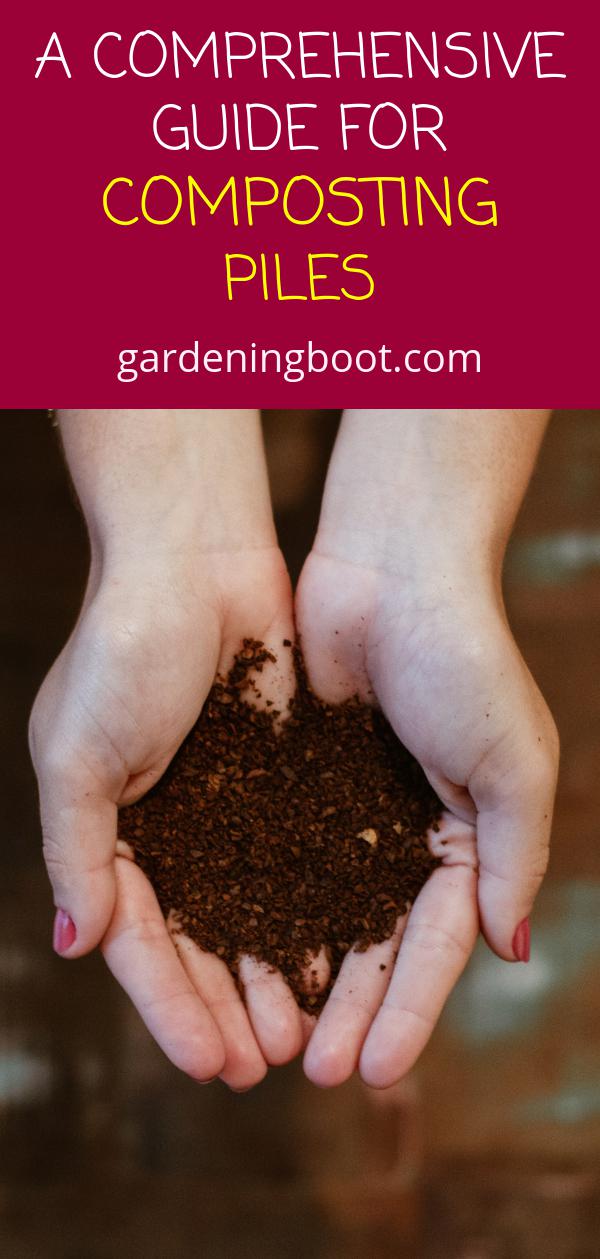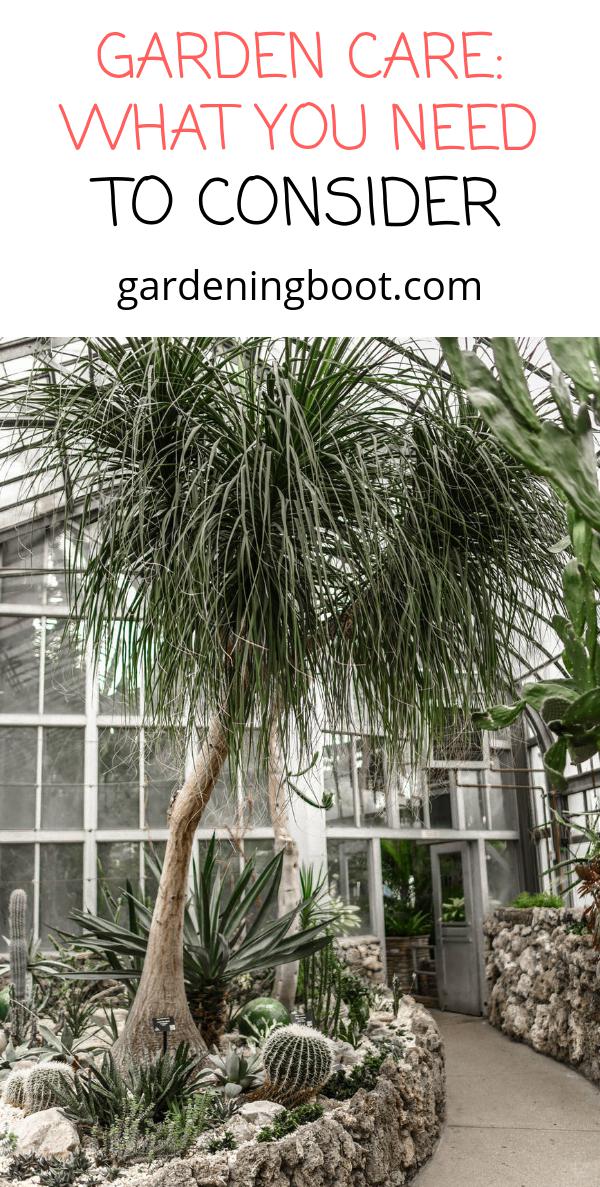Even a composting neophyte can create top-notch compost with the right recipe. Akin to cooking, composting is half art and half science. Awareness of these basic factors will help you to get started. Just like a chef demands high-quality ingredients, successful composting needs the best ingredients too. Good materials for composting include grass clippings, leaves, plant stalks, hedge trimmings, old potting soil, twigs, vegetable scraps, coffee filters, and tea bags.

Bad composting materials include diseased plants, weeds with seed heads, invasive weeds, pet feces, dead animals, bread and grains, meat or fish parts, dairy products, grease, cooking oil, or oily foods.
To prepare compost, you need organic materials, microorganisms, air, water, and a small quantity of nitrogen. Organic material is what you are trying to decompose (see above for Dos and Don’ts). Microorganisms are tiny forms of plant and animal life, which break down organic material. A small amount of garden soil or manure supplies adequate microorganisms. The air, nitrogen, and water offer an encouraging environment for the microorganisms to produce your compost. You can add enough nitrogen to the compost with a small amount of nitrogen fertilizer., which can be purchased at hardware stores or nurseries. Air is the one ingredient that you can’t have too much of. Too much nitrogen can kill microbes; too much water causes insufficient air in the pile.
If microorganisms have more surface area to feed off of, the materials will decompose faster. Chopping your organic materials with a machete, or using a shredder or lawnmower to shred materials will help them break down faster.

The compost pile is your oven. Compost piles catch heat created by the activity of millions of microorganisms. The minimum size for hot, fast composting is a 3-foot by 3-foot by 3-foot. But piles wider or taller than 5 feet don’t permit enough air to reach the microorganisms at the center.
Your compost pile’s microorganisms work their hardest when the materials have about the moistness of a wrung-out sponge and as many air passages. The air in the pile is usually consumed faster than the moisture, so the pile should be turned or mixed up now and then to add more air; this maintains high temperatures and controls odor. Use a pitchfork, rake, or other garden tools can turn materials with.






